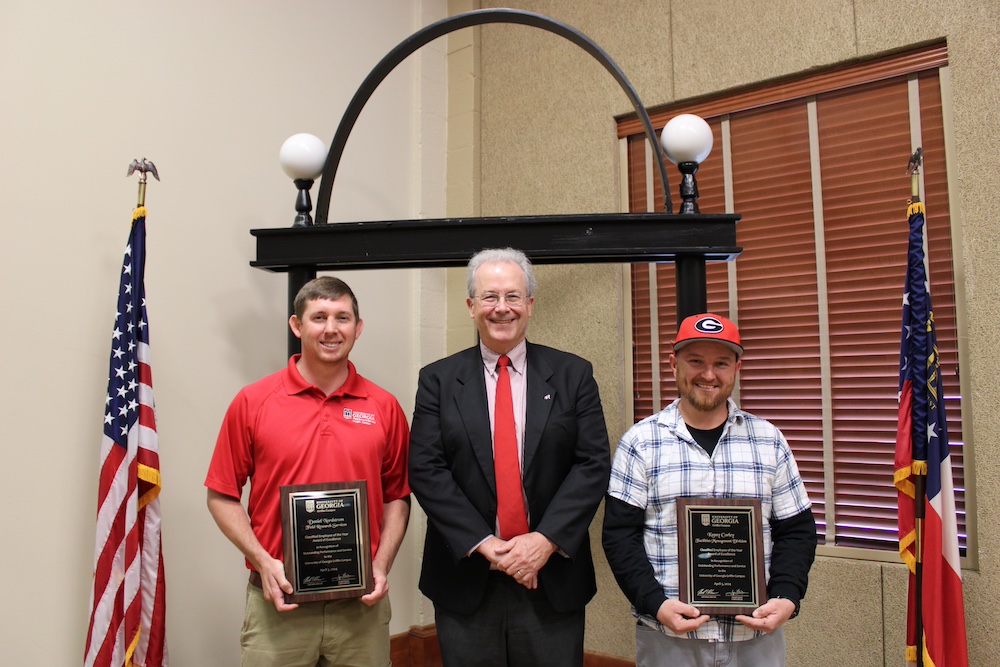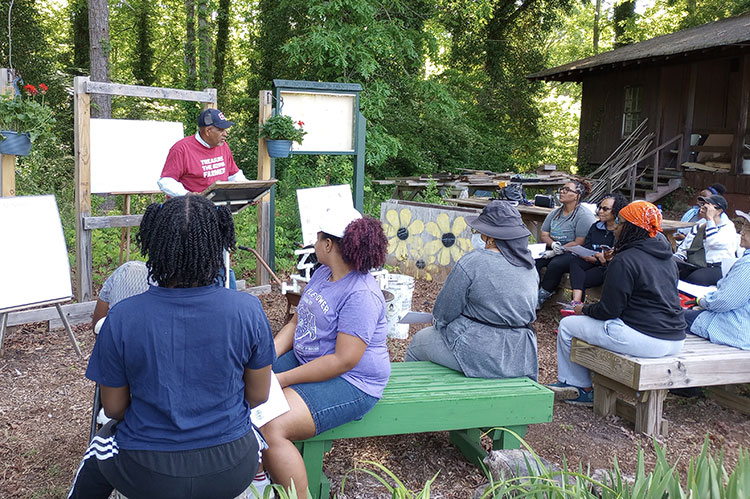By Brad Haire
University of Georgia
From recent studies in many countries, scientists suspect a relationship between exposure to air pollution and health problems like preterm births, low birth weights, poor fetal development and mortality, said Luke Naeher, an environmental epidemiologist with the University of Georgia College of Agricultural and Environmental Sciences.
The question
Scientists know the air pollution in large cities can aggravate or cause health problems in children and adults. But how can it affect a baby inside a mother's womb?Naeher wants to answer this question.
In the summer of 2002, Naeher studied the personal air pollution exposure of 45 pregnant women in Trujillo, Peru. His co- investigator was Manuel Aguilar Villalobos, director of the Asociacion de Aire Ambient in Lima, Peru.
Based on this research, the American Chemistry Council has awarded Naeher a $100,000 grant to expand his research in Trujillo.
Naeher will measure the personal pollution exposure of 100 pregnant Trujillo women (50 from urban and 50 from rural areas) during their pregnancies.
He and his team will measure air pollution levels inside the homes of the pregnant women and at one urban and one rural site. The team will collect blood and urine samples from the women during their pregnancies and postdeliveries. And they'll collect samples of meconium, a baby’s first feces, and umbilical cord blood from the newborns.
The Centers for Disease Control and Prevention will analyze the samples.
"This study will help us understand the magnitude and potential impact of prenatal exposure to a range of environmental pollutants," Naeher said.
Peruvian problem
Trujillo is a city of about 750,000 people in a developing country. It has higher levels of air pollution than most U.S. cities. Peruvian standards and regulations on vehicle emissions, the leading cause of air pollution, are weakly enforced. And they’re 30 years behind those in the United States, he said.In many cases, homes in Trujillo offer no escape from air pollution. Many people there use wood or kerosene stoves to heat and cook inside homes with little ventilation.
“The indoor environment smoke exposure generated from these stoves is orders of magnitude higher than levels typically seen in U.S. homes,” he said.
Naeher hopes the study will lead to simple economical and cultural changes that can reduce air pollution and protect the population of Trujillo.
The data, he said, can be used to understand the effects of air pollution on pregnant women and unborn babies in the United States and other countries, too.






